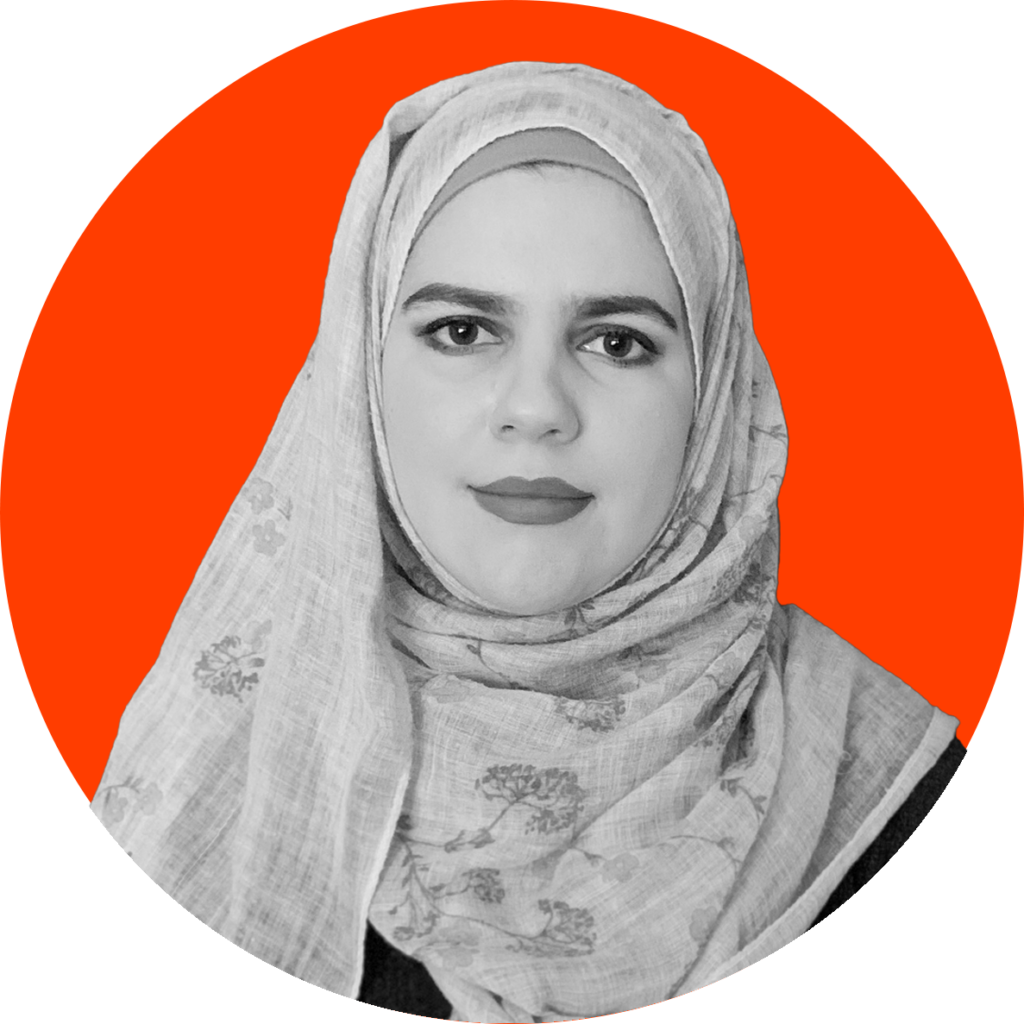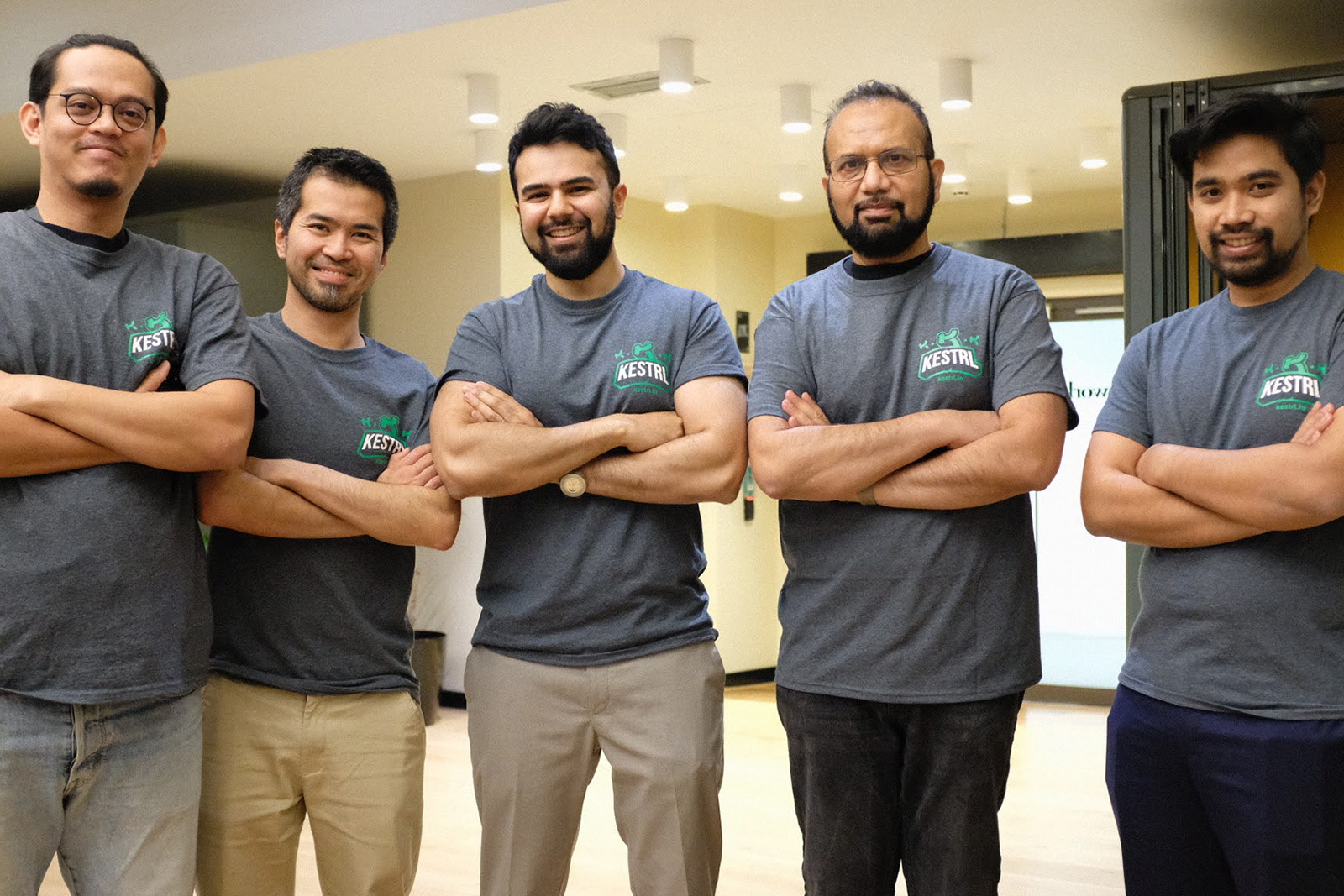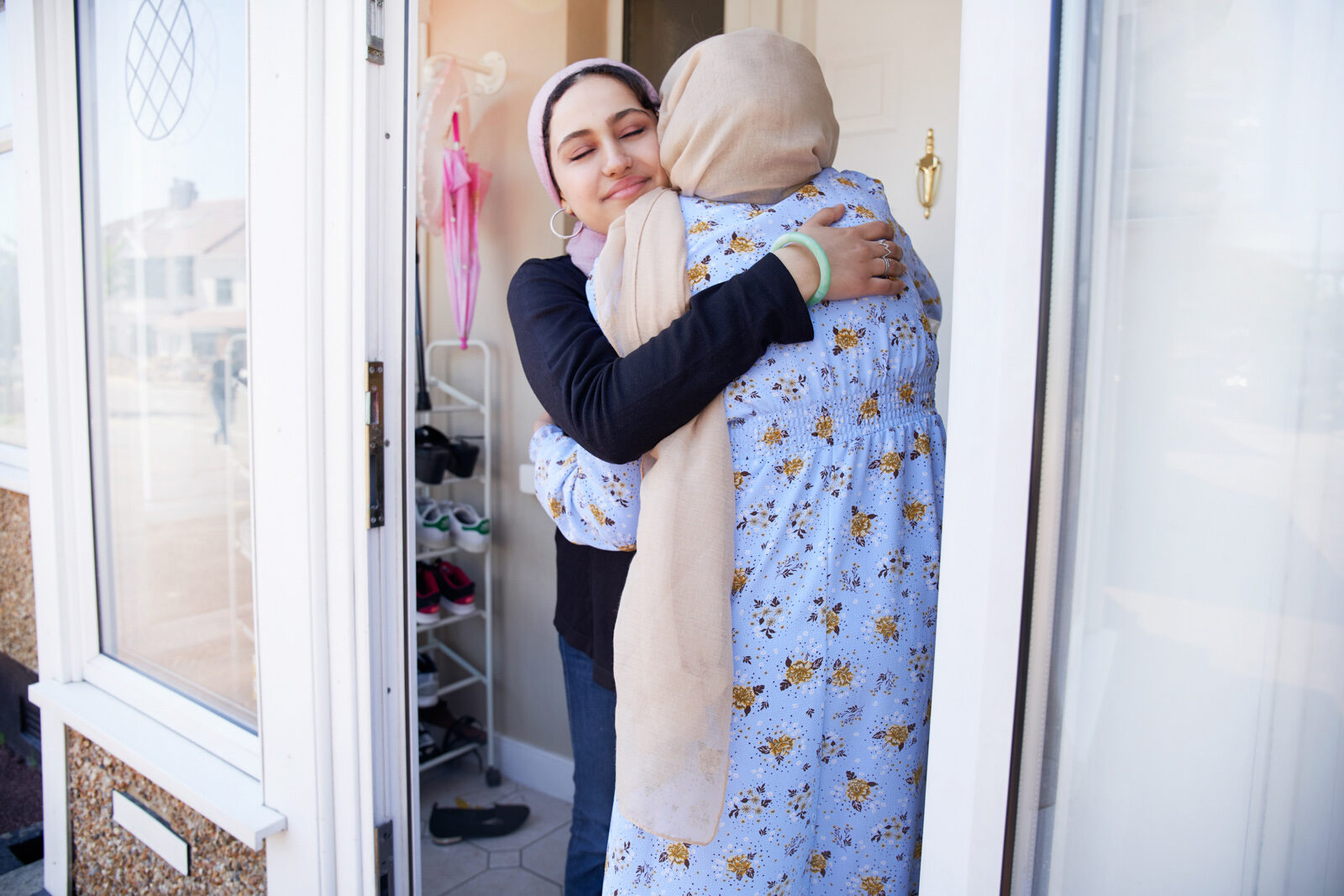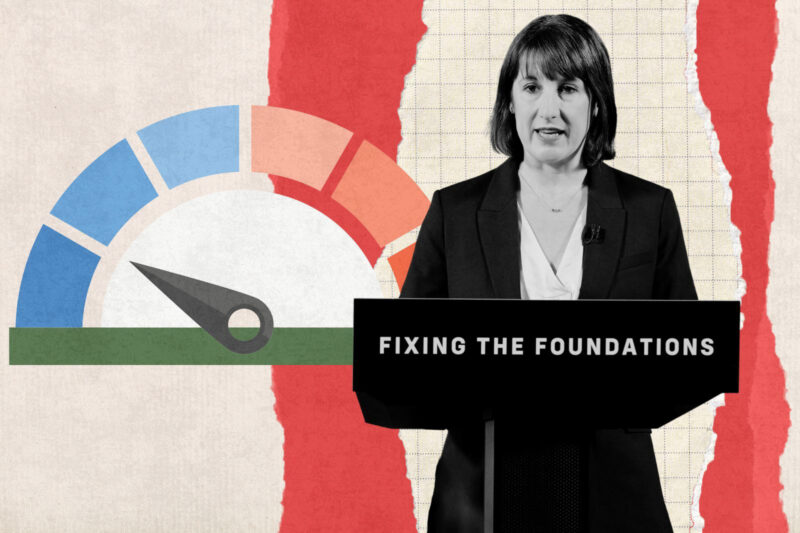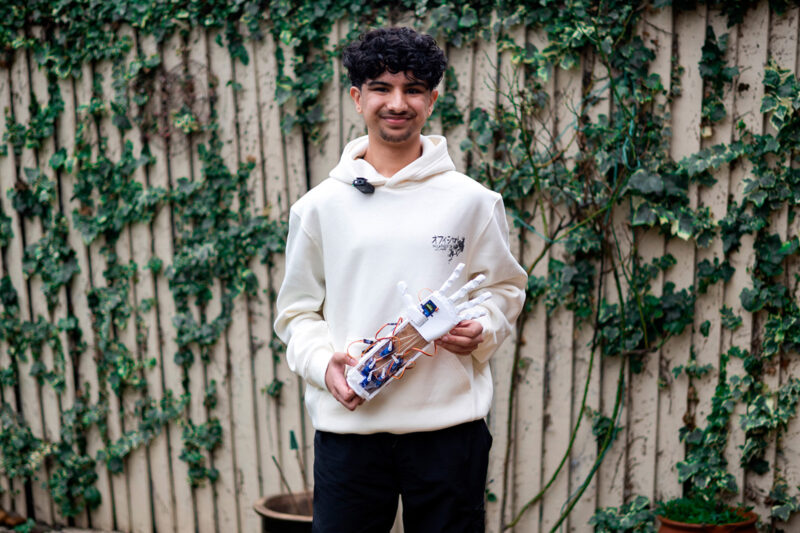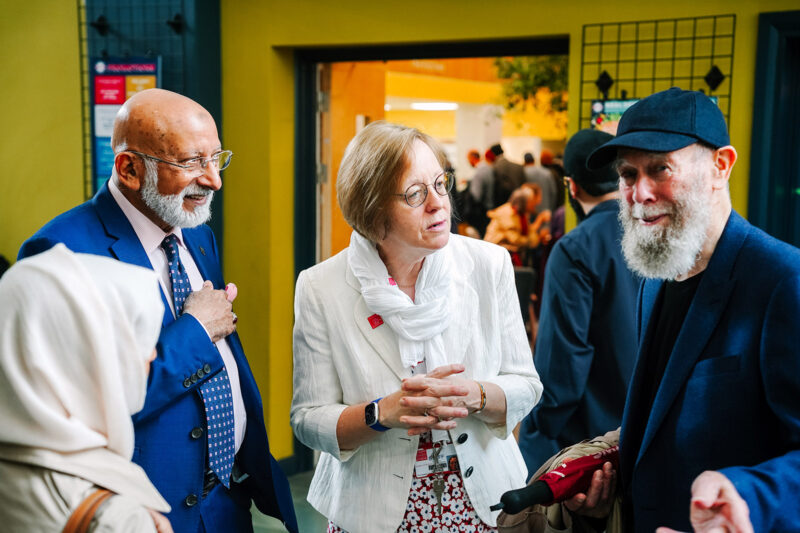Muslim students say halal loans and accommodation can’t come quickly enough
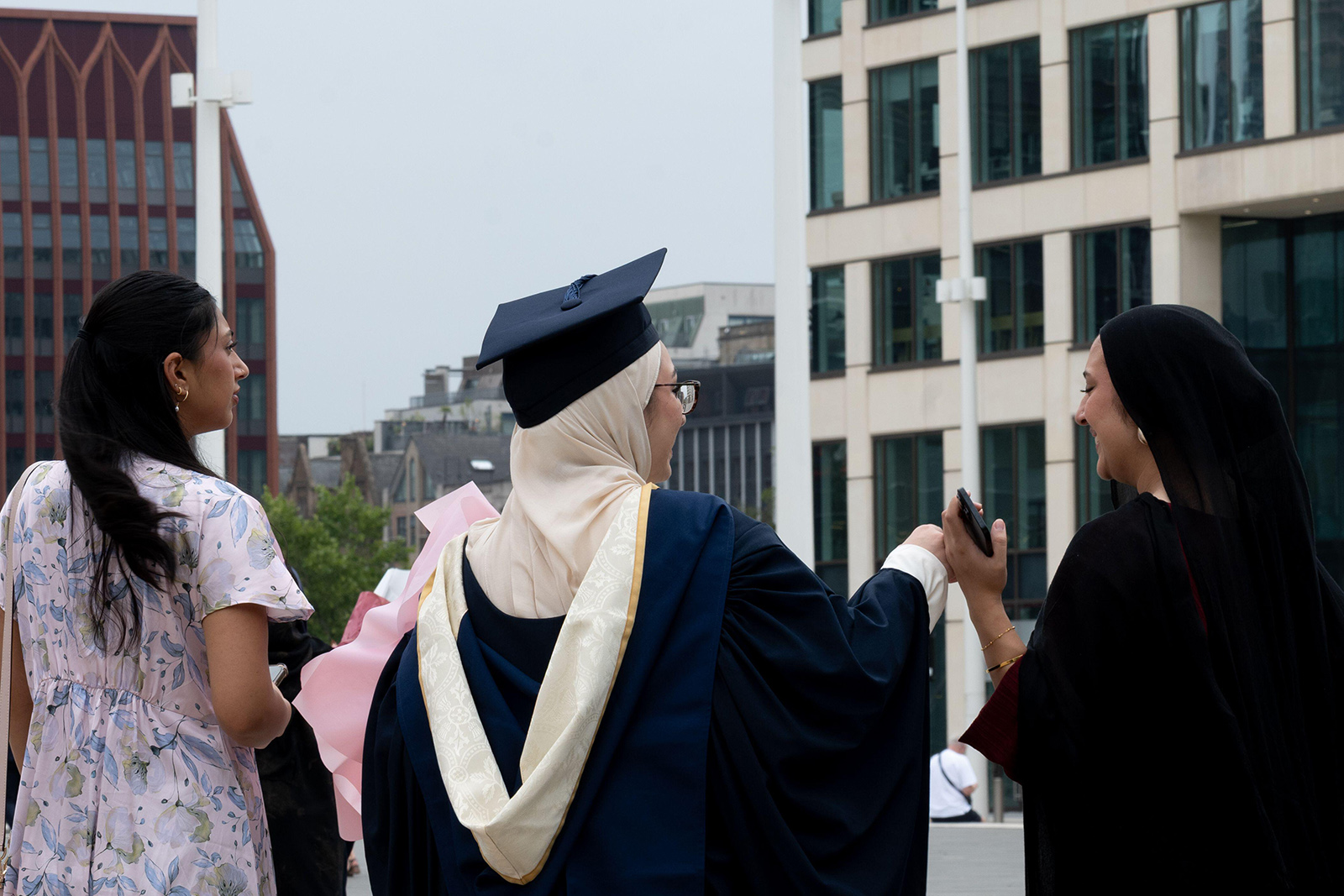
Interest-bearing student loans and mixed-gender halls put some Muslims off uni. Alternative student finance and firms such as iLm are changing that
Three years ago, Atif Khan believed his career was set. He had been offered a degree apprenticeship by Ofcom, the government’s communications watchdog, where he would be paid to train as a field engineer while working towards a degree in electrical engineering. But things did not go to plan.
Khan’s grandfather died during the week of his A-level exams and he missed the required grades for the apprenticeship. Instead, he was forced to take a route he had hoped to avoid — taking out a student loan and going to university.
Now in his final year studying mechanical engineering at the University of Northampton, Khan must eventually pay back the loan with 3.2% interest. Like many Muslims who believe paying and charging interest are sins, he was uncomfortable about the arrangement.
“One of the major factors for wanting to do a degree apprenticeship was because there’s no debt,” said Khan, from Luton, who is now president of the university Islamic society (ISoc). “You’re not taking out a loan with interest — you’re getting a salary.”
Some Islamic scholars argue that the existing student finance system is permissible. But a 2021 survey of nearly 39,000 Muslim students in the UK by Muslim Census found that 80% of those who had taken out a student loan felt conflicted about it. The results also suggested that one in 10 qualifying Muslims nationwide were missing out on university purely because of the student finance model, with one in six self-funding their degrees — often by working full time — to avoid paying interest.
Salsabil El Megri, from Bradford, relinquished her dream of studying medicine because she saw interest payments as a red line and her family wasn’t able to cover the steep costs up front. Instead, she went straight into employment in the further education sector, where she has worked for eight years.
She said Muslims in low-income households and impoverished areas were hit hardest by the student loan system as they typically had no other means to pay.
“The finance aspect is a massive barrier for Muslims,” she said, pointing out that the debt students accrue can be several times the cost of a degree when taking into account maintenance loans and the accrual of interest over decades.
British governments have been exploring sharia student finance options since at least 2011, and former prime minister David Cameron said in 2013 that no Muslim in Britain should be made to feel they could not go to university because of student loans.
But progress has been sluggish. The Department of Education eventually said in June that an alternative student loan option for Muslims would be rolled out once the reform of the entire student finance system had taken place in 2026-27. New halal loans will be based on the Islamic finance principle of takaful, with repayments going into a central pool to fund future loans.
A spokesperson for the Department of Education could not give Hyphen a date for the rollout, which was originally slated to happen this year.
The delay has forced Muslims such as international politics student Radhiya Uwais, who is studying in London, to take out a student loan.
“I am frustrated that I just missed alternative student finance,” she said. “Deep down, you know [the current] student loan is interest and that it’s haram. In the back of your mind, you have to come to a place of acceptance, but you’re not happy about it.”
A lack of suitable student accommodation has also left some Muslims feeling unable to take up university offers.
In his first year, Khan lived in mixed-gender student accommodation, an experience he said he found challenging. Eventually, he chose to live at home and commute to university — a 40-minute drive each way.
He said many Muslim students preferred to live in single-sex accommodation with other Muslims. At Northampton, they can now find house shares by posting on an ISoc WhatsApp group.
“When you’re living with other Muslims, there’s peace of mind because you know there’s not going to be alcohol around,” he said. “There’s not going to be non-halal food. There won’t be loud music blasting or students bringing people home.”
But there are few Muslim student halls in the country, especially for women. The Abdullah Quilliam Society in Liverpool offers accommodation for male students, and the Muslim Student Charity, run by the Federation of Student Islamic Societies, offers Muslim student accommodation in north-west London that is also limited to men.
Trying to solve this issue is Kashif Rashid, the founder of iLm Halal Student Halls in Dundee. This month sees the opening of Rose House, the Scottish city’s first halal student accommodation, in a former care home.
Twelve of the 20 rooms are now occupied, and Rashid — a former University of Dundee student — expects to open a second site for female students with 34 rooms next year.
Students pay £165 a week to live in the Grade B listed building and, alongside facilities such as a free laundry, get access to a dedicated prayer space and Islamic studies sessions. Students living in Dundee’s own halls, by comparison, pay £153 to £226 a week. Rashid is hopeful that iLm will inspire other Muslims around the country to build similar accommodation.
“A lot of the input into the making of Rose House came from me as a father,” he said. “The current generation of Muslim parents are more involved in their children’s university life.
“I know if my 16-year-old daughter does decide to leave Dundee for university, I would be involved in searching for the right accommodation — so that ties up with what iLm provides.”
 Newsletter
Newsletter

